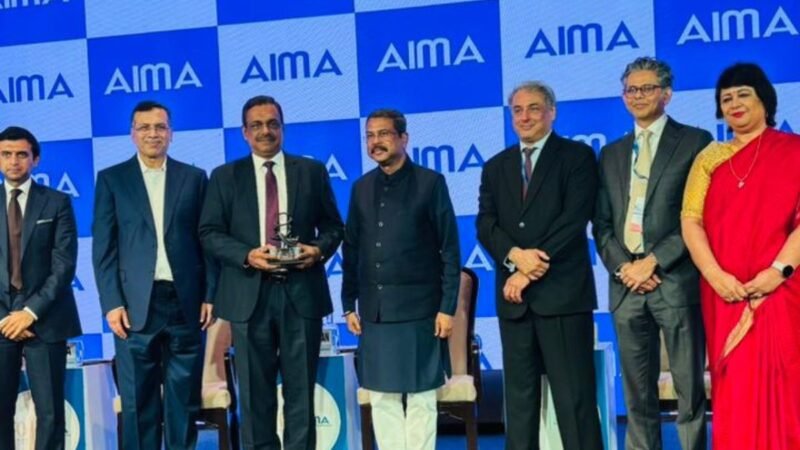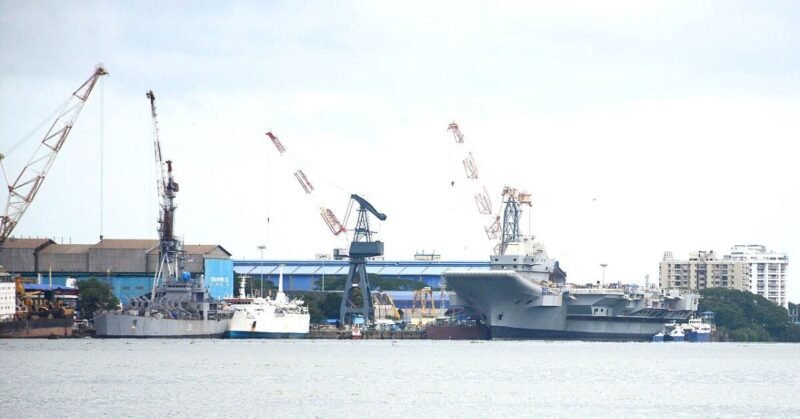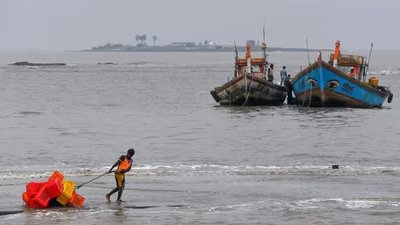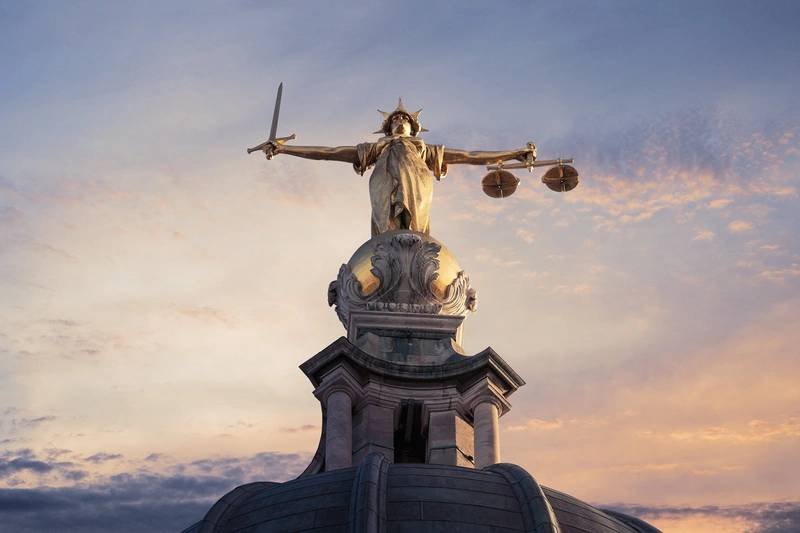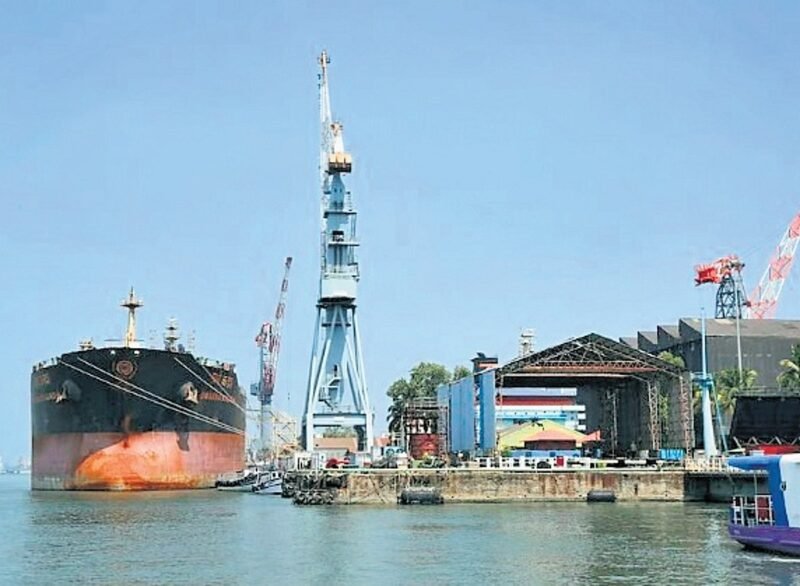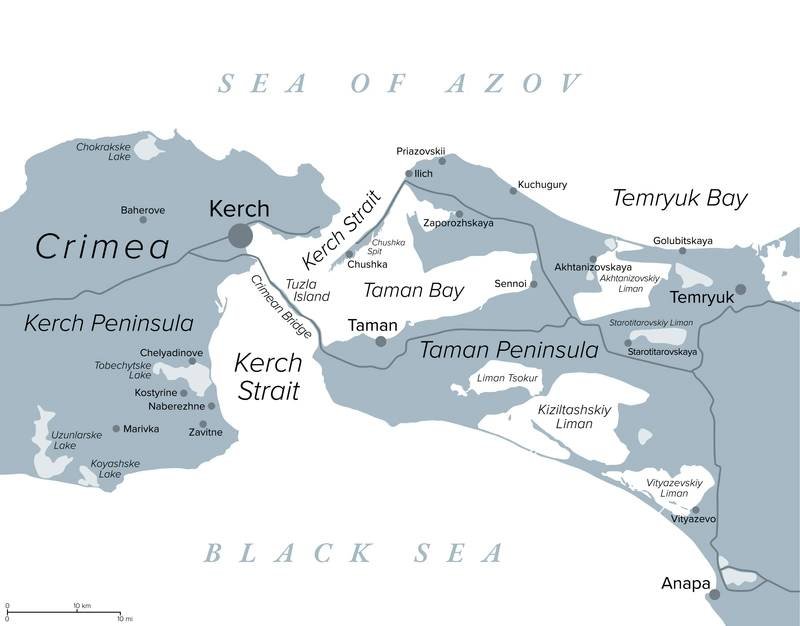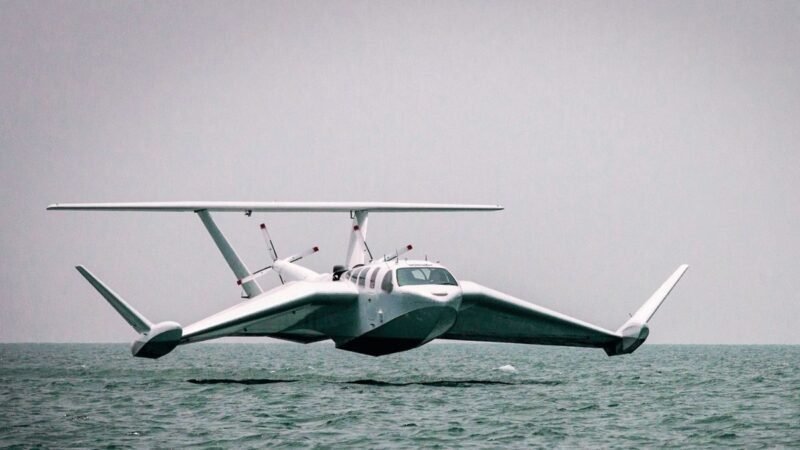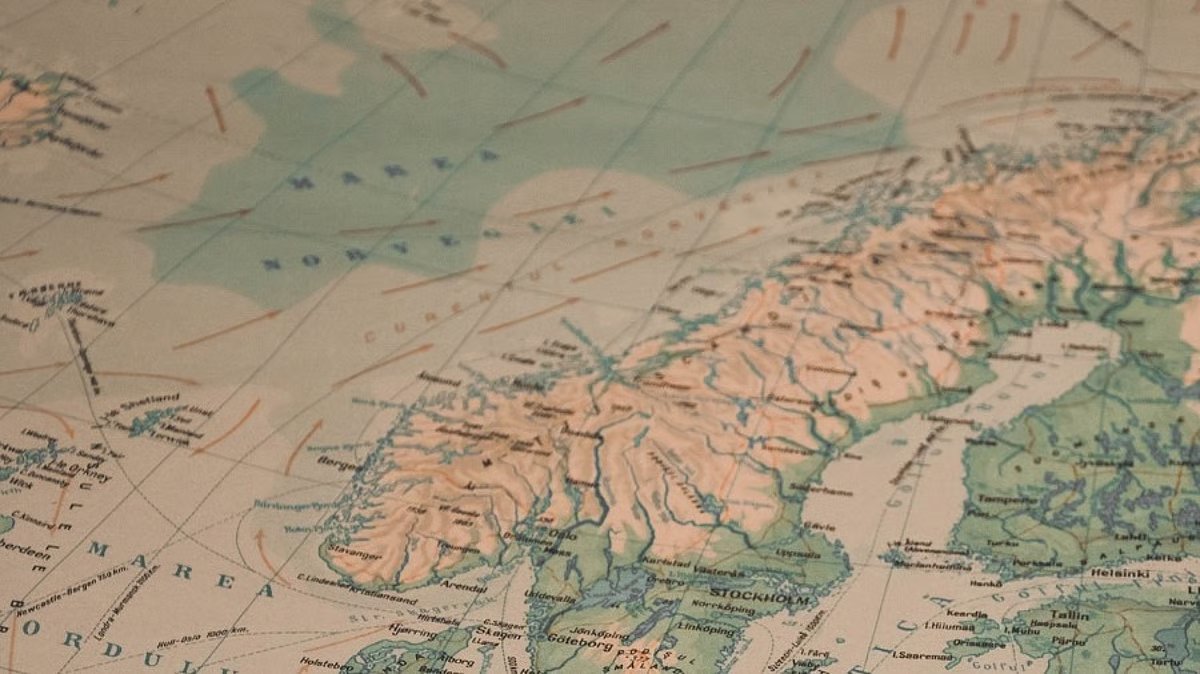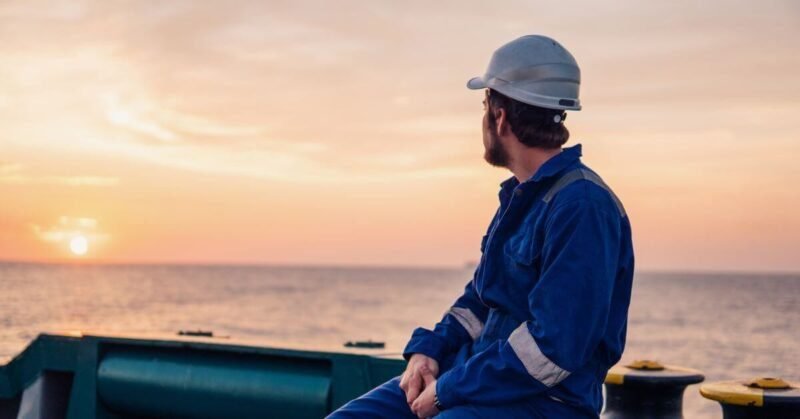14 Aug: Hybrid Propulsion Solutions Leading the Way to a Zero-Carbon Future
When battery-hybrid power first arrived in the maritime industry in the early 2010s, it was billed as a great way to make diesel ferries and workboats more fuel-efficient. The value proposition was straightforward with fuel savings of 10-20 percent, depending on the application.
That’s still an important advantage, but hybrid power has turned out to be much more than an efficiency-booster for existing technology.

Battery-hybrid propulsion is ideal for stop-and-go operating cycles, and ferries are strong candidates. Ferry operators in Europe, North America and Asia have been testing and deploying hybrid propulsion systems for nearly a decade, beginning with the Scottish ro/pax ferry Hallaig in 2013.
Cutting domestic vessel emissions by just 15 percent could reduce the entire shipping industry’s greenhouse gas footprint by three percent by 2030. As a transition solution, battery-hybrid propulsion fits that need well: The engines give enough range for transits to and from the site, and stored battery power can be used for station-keeping and loitering, saving fuel and reducing wear and tear.
“Hybrid” has an evolving significance, but it’s playing an essential role in getting to zero emissions – a role that looks set to grow as green power goes mainstream. If there’s a flexible transition technology for vessels on the working waterfront, this might just be it. Reference
14 Aug: Hydrogen Is Not A Green Alternative For Ships Says New Study
Hydrogen is the most abundant substance in the universe but a new peer-reviewed study suggests that using it to propel ships may create more climate problems than it solves.
What is the main problem with using hydrogen as a green alternative to Diesel? According to a new peer-reviewed study, hydrogen is extracted mainly from natural gas, a process that consumes massive amounts of energy and emits large amounts of carbon dioxide. Natural gas production also emits methane, a potent greenhouse gas.

One solution to this problem is extracting “blue hydrogen” from CO2, however, claims it is emissions-free are misleading. According to new research emissions from blue hydrogen still contribute to climate change once you factor in the entire supply chain.
“To call it a zero-emissions fuel is totally wrong,” Robert W. Howarth, the study’s lead author, told the New York Times. “What we found is that it’s not even a low-emissions fuel, either.” Reference
13 Aug: A crew shortage canceled an Alaska ferry. Officials and unions warn it could happen again.
A dishwasher and chief steward on a state ferry reported feeling ill and left the ship a few hours before it was to depart Juneau. That left the ferry LeConte — which sails with 24 crew members — short handed early Wednesday morning.
“The ship’s captain evaluated the shortage and made a decision to cancel the sailing based on their emergency response readiness,” Alaska Marine Highway System spokesman Sam Dapcevich told CoastAlaska.

In a follow up statement, the Department of Transportation says the two sick crew members didn’t have COVID-like symptoms. So they weren’t tested.
In the past, a couple crew members dropping out – for whatever reason – wasn’t a big deal. Others could be called up on relatively short notice.
Unions have complained that leaner ferry schedules have made it harder to keep their members from leaving for the private sector. The deck officers, engineers and other licensed crews have guaranteed hours.
Not so for unlicensed crew members like stewards, pursers and cooks in the galley who often are laid-off in the winter months when there are few ships running. Reference
13 Aug: Maritime firms say piracy, violence against crew, threaten flow of goods
Maritime companies are raising concern over increasing cases of sea piracy and violence against crews, especially in the West African region.
Some 361 organisations across the maritime industry globally have now signed the Gulf of Guinea Declaration on Suppression of Piracy, representing a call to action to put an end to scourge of piracy against ships in the region.

The companies say increasing cases will disrupt maritime trade in the continent since the route is of great global interest as it carries ships of almost every flag.
“There has been increasing cases of piracy along Gulf of Guinea with 50 crew kidnappings by pirates reported in the first seven months of this year while during the first three months of 2021, there was only one incident of reported piracy around Somalia and there are fears of increasing such cases as a result of Covid-19,” according to the latest report by the International Maritime Bureau Piracy Reporting Centre (IBM PRC) and Peace and Security Council. Reference
12 Aug: Connecting India by inland waterways: what changes in century-old vessels law
Last week, Parliament passed a new law that will bring uniformity in the rules and regulations governing inland waterways and navigation on them. It is aimed at developing India’s inland waterways as a viable, thriving mode of transport, especially for cargo. The inland waterways network spans close to 15,000 km across rivers, channels, backwaters, creeks etc.
Limitations of old law
The Inland Vessels Bill, 2021 replaces the Inland Vessels Act, 1917. It seeks to bring all inland waterways in India and movement of vessels on them for any purpose under a central regulatory regime.

The Bill defines mechanically propelled vessels as ships, boats, sailing vessels, container vessels, and ferries. The Centre will frame classification, standards of design, construction, and crew accommodation. Construction or modification will require approval of a designated authority. All such vessels are to be registered with respective states or Union Territories. Their movement and identities will be logged in a central database.
In 2016, the government notified 111 inland waterways as National Waterways of India under the National Waterways Act, 2016. Of these, 13 National Waterways are operational for shipping and navigation and cargo/passenger vessels are moving on them, according to the government
The government wants to promote inland waterways especially as a supplement to freight movement across India. This mode of transport has been recognised worldwide as environmentally friendly and economical, especially for cargo that do not depend on speed of delivery.
Underutilised right now, India’s inland waterways carry about 55 million tonnes of cargo every year. Reference
12 Aug: Rising seafarer abandonment cases prompt talks on emergency fund
Three of the world’s largest seafaring nations are proposing the establishment of a seafarers’ mutual emergency fund to support abandoned crew.
China, Indonesia, and the Philippines have introduced the idea of a mutual emergency fund at the recently held International Maritime Organization (IMO) legal committee as abandonment cases are heading for another record.

The IMO’s legal committee has reported a rise in the number of seafarer abandonment cases since the start of the pandemic last year. Between January 2020 and April this year, the ILO/IMO joint database on abandonment recorded 111 new cases. 85 of these cases occurred last year and the balance of 26 cases occurred in Q1 of 2021. According to the IMO, just 46 have been resolved since, and 27 more have been reported since April. More than 1,300 seafarers were affected.
The IMO is looking to establish practical guidelines for flag and port states on how to deal with abandonments in order to quickly resolve such cases.
The details of how the emergency fund would work should be clear for consideration at the next legal meeting in March 2022. Reference
12 Aug: Maritime Cargo Delivery Drones: Volansi Completes First Autonomous Mission
On July 18th, Volansi, the industry leader in autonomous Vertical Take-off and Landing (VTOL) point-to-point drone delivery services, completed the first-ever autonomous Unmanned Aircraft Systems’ (UAS) maritime cargo delivery between two moving US government vessels off the coast of Key West, Florida.

The maritime cargo deliveries were completed over the course of three separate flights. The first two were completed with the VOLY 10 Series, which is capable of lifting up to 10 pounds of cargo for over 42 miles. These flights took off from a Military Sealift Command Expeditionary Transport and travelled 15 nautical miles to the United States Coast Guard (USCG) Cutter William Trump. The third flight was completed by the VOLY 20 series, which has a 350-mile range and an average cruise speed of 75 miles per hour, and is capable of carrying up to 20 pounds of cargo. The VOLY 20 completed a mile long flight in winds of up to 20 mph to its landing point, the USCG Panga, before making a successful return. Reference
11 Aug: Liberian Registry Launches Online Seafarer Examination Portal
The Liberian Registry has launched its new online platform for Liberian license assessments and upgrade examinations. This platform, https://seafarerexam.liscr.com/ allows the eligible seafarer, working through approved Training Centers, to be able to take these examinations globally (and remotely) 24/7.
This advanced platform is the latest from the Registry, which has always been the industry leader amongst flag States in adopting technological advancements and pushing for practical and cost-effective electronic solutions. This platform meets the demands of the industry and seafarers, while allowing for minimal disruption due to pandemic related slowdowns and shutdowns. Seafarers can now be pre-approved and vetted by approved training centers; can then take the online examination from anywhere in the world with internet connectivity; and get their results-and if successfully passed, their credentials in much more expedited and efficient manner than available anywhere else. The system, secure for both data and integrity of the exams, will allow seafarers that may otherwise not be able to renew their credentials or national documents due to COVID and government shutdowns to get the documents they need to get to sea and support their families.
This platform created and developed by the Registry, is now available to all and more information can be obtained by contacting exams@liscr.com. Reference
10 Aug: PM Modi outlines five-point framework for maritime security debate at UNSC
“For free, maritime trade, it is also necessary that we fully respect the rights of the seafarers of other countries,” Mr Modi said.
A week into India’s United Nations Security Council (UNSC) monthlong presidency, Prime Minister Narendra Modi chaired a debate on maritime security.

The debate, titled, ‘Enhancing Maritime Security – A Case for International Cooperation’, had several heads of state or government in attendance, including Russian President Vladimir Putin, the President of Kenya, Uhuru Kenyatta, DRC President Felix Tshisekedi and the Prime Minister of Vietnam, Pham Minh Chinh.
The Security Council adopted a ‘Presidential [India’s] Statement’ on maritime security which reaffirmed that the United Nations Convention on the Law of the Sea (UNCLOS) establishes the legal framework for maritime Reference
09 Aug: Cochin Shipyard lays keel for electric vessels built for Norway
Entering the league of premier shipbuilding yards, Cochin Shipyard Ltd(CSL) on Saturday held the keel-laying ceremony of two autonomous zero emission electric vessels for Norwegian firm ASKO Maritime AS. Industries Minister P Rajeeve was the chief guest. The vessels are considered to be the first of their kind in the merchant shipping field.“This is not merely a keel- laying ceremony, but an event that will further firm up bilateral ties between India and Norway. I hope, this will enable the Cochin Shipyard to secure more orders for such advanced vessels from other European countries,” said Rajeeve.

Asko Maritime AS managing director Kai Just Oslen, who attended the function through videoconferencing, expressed happiness over the progress of the project.“This is an important project for Cochin Shipyard. Though the vessel is a small one, the impact the vessel could make in the field of autonomous and electric vessel segment is huge.” said CSL managing director Madhu S Nair. Refrence
09 Aug: UAE Govt launches the “Supporting our Blue Army” initiative to improve quality of life for seafarers
In line with its commitment to adopting the best practices of the UAE Government Excellence System, and launching initiatives that have global results, the Ministry of Energy and Infrastructure in the UAE has launched the ‘Supporting our Blue Army’ initiative to improve the quality of life for seafarers while they are in the UAE. The initiative protects seafarers’ rights with ship owners and operating companies, as well as helps seafarers overcome the challenges they face as a result of the pandemic and travel restrictions.

‘Supporting our Blue Army’ initiative is a comprehensive framework for the Ministry’s achievements that implement the ‘Enhancing Wellbeing’ criterion in the UAE Government Excellence System. The Ministry has dedicated initiatives to care for and support seafarers. This will have a global impact in the countries with trade links that depend on the shipping industry and its unknown soldiers of seafarers.
Commenting on this initiative, Suhail Al Mazrouei, Minister of Energy and Infrastructure, said: “When talking about the maritime transport sector, the UAE is a unique model. It ranks the 9th best global maritime hub and has some of the largest and most developed ports in the region in terms of infrastructure and digital systems. The UAE is a logistics hub linking global shipping lines and has the major share of the ships that call on the region’s ports, with more than 21,000 ships every year. Over 20,000 local and international maritime companies operate in the UAE with over 17 million containers handled in the UAE ports annually. These operations add significant economic returns to the national economy. All these achievements cannot be made without the dedication of thousands of seafarers who arrive to the UAE’s waters on board ships from across the world.” Reference
09 Aug: Bureau Veritas Completes World’s First Full Remote ‘In-Water’ Hull Survey by ROV
Bureau Veritas (BV) and service provider MaDfly – Marine Drone Services – have successfully completed the first full in-water ship’s hull survey with a mini ROV on Brittany Ferries’ ship, the Bretagne. This was announced in a press release.
The survey, which was supervised by BV on behalf of the French Flag, provided an opportunity to “validate the integrity of the entire ship’s hull’s bottom,” according to a press release.

According to the press release, this inspection was the first of its kind, with the test survey performed twice. A remotely operated drone performed an in-water survey with a BV surveyor onboard the vessel. In parallel, BV also tested the capability with its own remote inspection solutions using full HD live video footage from MaDfly. This enabled BV to carry out the survey remotely without any attended surveyor onboard with live streaming, as well as video and audio recording and photo options.
According to the press release, BV has noted the following benefits of using this system:
• Safer operations as divers do not have to be in the water
• Reduction in preparation time – with a single operator and limited equipment
• High-quality pictures from the drones
• Reduced risk of disturbance to ship operations
According to Senior Vice President Technical and Operations for Bureau Veritas Marine and Offshore, Laurent Leblanc, underwater remote surveys “improve safety and reduce risk, time and costs to produce high-quality results.”
“Maintaining the integrity and safety of a ship is a crucial task. Today, technology brings digital classification to another level, providing new opportunities and options to our clients,” he noted. Refrence
Note: This is the compilation of news published from various sources. The references of source are given with each news item.
Share it now







